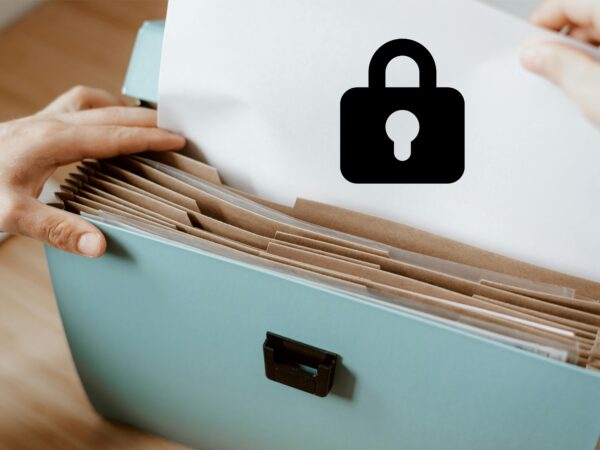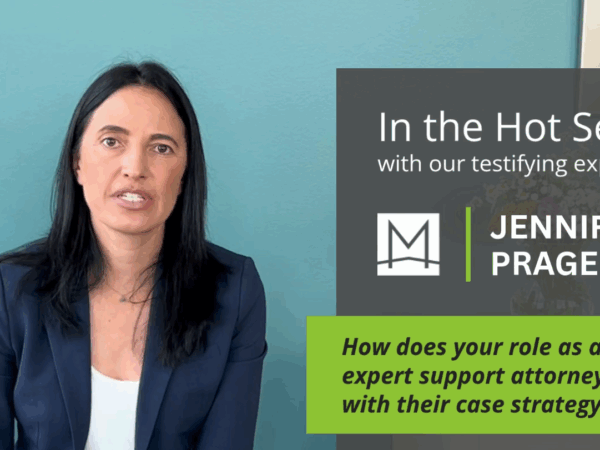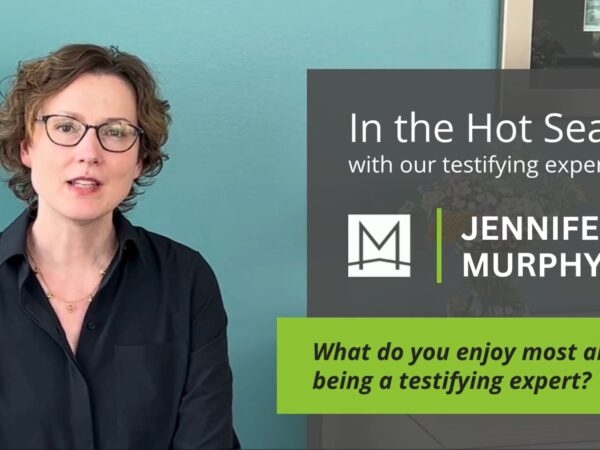

Insights from a Trust Dispute Case: Investigate the Why, Not Just the What
By Kori Bogard, CPA, CFE, CFF
I had the opportunity to represent defendants in a unique Trust dispute, which could have been avoided if the initially engaged forensic accountant had investigated the “why” and not just the “what” behind disputed transactions. The plaintiff (a Trust beneficiary) alleged that the defendants (also Trust beneficiaries) owed back roughly $1.5 million after being overpaid by the Trustee of the Trust. The allegations stemmed largely from a short-sighted and unsupported expert report. However, this matter offers an opportunity to learn from the opposing expert’s missteps.
1. Experts should consider the “why” and not just the “what”
Large transfers of cash were made by the Trustee to the defendants prior to distributing the Trust’s assets. These large transfers to one set of beneficiaries, made close to the trust dissolution, raised eyebrows with the plaintiff who then hired a forensic accounting expert to investigate the Trustee. The plaintiff’s expert concluded that the transactions were inappropriate and that the defendant should pay back roughly $600,000. However, the expert did not inquire about why the Trustee would have validly made these transfers so close in time to the trust distribution. The easy conclusion was to assume that the transactions were improper because on the surface they looked odd. The difficult and correct conclusion was the one that required more work and inquiry.
We see self-dealing transactions in a lot of cases. However, the Trustee was not making transactions for her benefit. Further, there was no meaningful relationship or connection, alleged or otherwise, between the defendants and Trustee to explain why the Trustee would improperly pay money to the defendants. We looked for plausible explanations and our investigation found that these amounts were actually owed to the defendants from the Trust dating back 15 years.
Forensic accountants start working on a case without knowing the full story of previously occurring issues leading up to a dispute. As a result, forensic accountants should consider the bigger picture and ask why transactions happened instead of simply looking at transactions/data and making conclusory determinations.
In this case, the question “Why would the Trustee validly make these cash transfers to the defendants?” may not have led to a satisfying answer for the expert’s client and would require deeper analysis that could have prevented a misguided opinion from the start.
2. Importance of being thorough to arrive at sound and reasonable assumptions
The forensic accounting expert made a second unsupported assumption that deeper work would have prevented. The Trust owned businesses and personal property. While the Trust’s grantor was alive, the plaintiff had a right to all net income from the Trust, equal to the business income less the personal property expenses.
The opposing expert took the position that the plaintiff’s right to the Trust’s income meant they were entitled to all the gross income from the businesses before deducting the property expenses. And thus, the expert determined that roughly $800,000 was due from defendants to plaintiff for their share of the property expenses incurred by the Trust during the grantor’s life.
The expert must not have read the trust agreement, which specified that the trust beneficiary was entitled to net income, but instead created an illogical definition of income. The concept of being entitled to gross income before the deduction of expenses defies basic accounting principles and logic. When an expert makes an assumption, it needs to be supported by contractual language, agreements or other evidence. That did not exist here, leaving the opposing expert with an unreasonable assumption leading to an unsupported opinion.
As experts, our analysis almost always relies on assumptions provided from counsel or other parties. When using provided assumptions, experts should investigate the assumptions to become confident that the assumptions are reasonable. Adopting egregious or nonsensical assumptions is against our ethical standard of relying on sufficient and relevant data, and it does clients a disservice.
3. Clear communication wins
The opposing expert’s report lacked much needed clarity and support. It was confusing and did a poor job of explaining the opinions. The defendants were understandably frustrated, confused, and anxious.
After dissecting the report, we worked with our client to explain the issues clearly and thoroughly to opposing counsel. The complaint was dropped a few days after opposing counsel received our findings. Had the opposing expert’s report been written more clearly and thoroughly, with opinions supported by sufficient evidence, the matter could have been resolved before a complaint was even issued and well before our assistance was needed.




